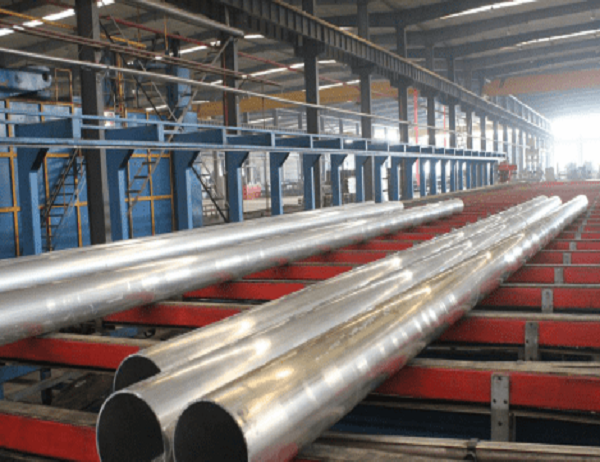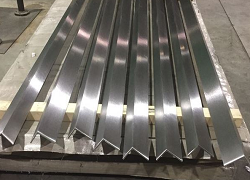Lightweighting has become a top priority for automotive manufacturers as they strive to meet increasingly stringent fuel economy and emissions standards. Aluminum extrusions have emerged as a key solution to this challenge, offering a unique combination of strength, durability, and weight reduction that can significantly enhance vehicle performance.
Enhanced fuel efficiency
The use of aluminum extrusions can result in significant weight savings in automobiles. Aluminum is approximately one-third the weight of steel, allowing manufacturers to reduce the overall mass of vehicles without compromising structural integrity. By reducing weight, aluminum extrusions enable vehicles to consume less fuel, resulting in improved fuel efficiency and reduced emissions.
Improved handling and performance
Lighter vehicles have better handling and performance characteristics. Reduced mass means less inertia, allowing vehicles to accelerate, brake, and turn more quickly. Aluminum extrusions also contribute to improved suspension systems, reducing unsprung weight and enhancing ride quality.
Increased durability and crashworthiness
Despite their lighter weight, aluminum extrusions are incredibly strong and durable. They offer excellent resistance to corrosion, wear, and fatigue, ensuring long-lasting performance. In the event of a collision, aluminum extrusions can absorb impact energy, protecting passengers and critical components.
Enhanced design flexibility
Aluminum extrusions can be manufactured in complex shapes and profiles, providing design engineers with greater flexibility. This allows for the creation of lightweight, yet highly functional components that can meet specific design requirements and aesthetic preferences.
Reduced manufacturing costs
Aluminum extrusions can be produced in large quantities using automated processes, leading to reduced manufacturing costs. This helps to offset the higher initial cost of aluminum compared to steel, making them a cost-effective solution for mass production.
Environmental benefits
Aluminum is a highly recyclable material. By using aluminum extrusions, manufacturers can contribute to reducing waste and conserving natural resources. Furthermore, the use of aluminum in vehicles reduces overall energy consumption and emissions, promoting environmental sustainability.
Conclusion
Automotive aluminum extrusions offer a transformative approach to vehicle design and performance. Their lightweight properties, strength, durability, and design flexibility make them an ideal solution for meeting the demands of today’s automotive industry. By incorporating aluminum extrusions into vehicles, manufacturers can improve fuel efficiency, handling, safety, and design, while reducing manufacturing costs and promoting environmental sustainability.



